10 Famous Footballers banned for doing drugs during their professional days
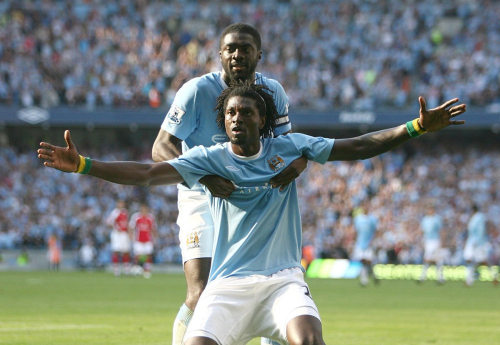
Over the years, there have been several controversies of players using drugs, whether to enhance performances on the pitch or unintentionally. And then there are those who are addicted to it.
From the infamous stories of Diego Maradona to the costly error of Andre Onana, here is a narrative of ten of the occurrences of football players who tested positive for doping.
10 Footballers banned for doing drugs
10. Diego Maradona; banned for Cocaine and Ephedrine in 1991 and 1994 respectively
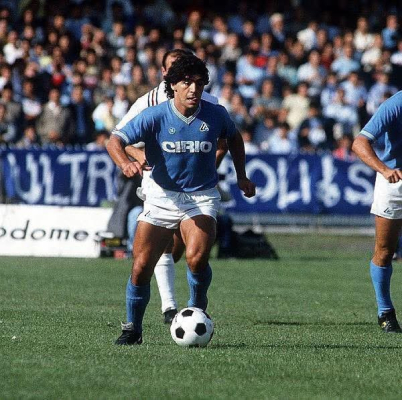
Diego Maradona never beat the allegations, yet, it wasn't as if the late Argentine great attempted to. Not once, but two officially acknowledged time, he tested positive for cocaine and Ephedrine.
In 1991, while playing for Napoli in Italy's Serie A, he tested positive for cocaine, leading to a 15-month suspension from all football related activities.
Three years later, during the 1994 FIFA World Cup, Maradona was again at the center of controversy, failing another doping test.
After Argentina's match against Nigeria, he tested positive for ephedrine, a banned stimulant found in some over-the-counter medications.
Consequently, FIFA imposed another 15-month ban, effectively ending his international career. Maradona reportedly started taking drugs in the early 80s during his time at FC Barcelona.
After testing positive for another drug test at the start of the 1997 season with Boca Juniors, the Argentine called time on his career at the age of 37.
9. Fabian Bartez; banned in 1995 Cannabis
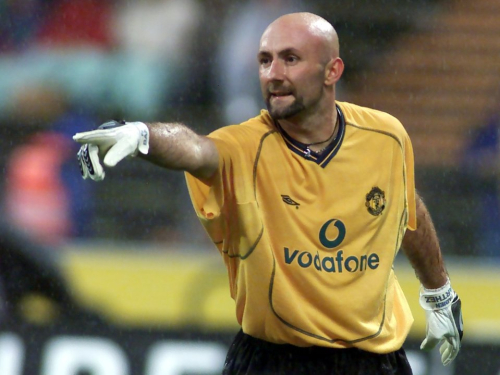
In 1995, Fabien Barthez, then a 24-year-old goalkeeper for AS Monaco and the French national team, was faced a significant career setback.
After a match against Nantes in October, he tested positive for cannabis, leading to a four-month suspension, with two months served immediately and a further two months suspended.
Bartez later acknowledged that the punishment played a crucial role in his development, stating it made a "big contribution to my progress" by making him confront the demands of his profession.
Ironically, Bartez's place in the French national team was taken by Bernard Lama, who was also suspended for the same reason one year later.
Bartez made a great comeback and went on to achieve remarkable success, including winning the 1998 FIFA World Cup with France and multiple league titles with Monaco and Manchester United.
8. Edgar Davids; banned in 2001 for Nandrolone
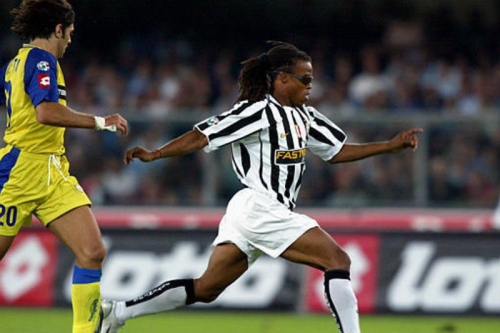
Retired Dutch midfielder Edgar Davids was playing for Juventus in 2001, when he tested positive for the anabolic steroid nandrolone after a Serie A match against Udinese on March.
Davids, who was one of the best midfielders of his time was at the peak of his powers, and was part of the squad that helped the Netherlands reached the Euros semi-final the previous summer, was the eighth player to fail doping test in the Serie A that season.
Despite his strong denial of any wrongdoing, asserting, "I have never used any kind of doping," the Italian Football Federation imposed a five-month suspension and fined him €51,645.
The ban was later reduced to four months on appeal, allowing Davids to return to action sooner than initially expected for the Bianconneri.
7. Pep Guardiola; banned in 2001 for Nandrolone
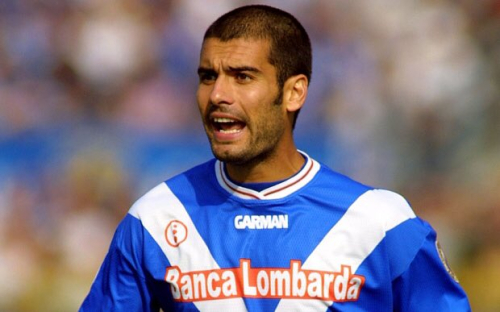
In 2001, Pep Guardiola, then a midfielder for Italy's Brescia Calcio, faced allegations of doping after testing positive for the anabolic steroid nandrolone following matches against Piacenza and Lazio.
The Spaniard, who moved to the Serie A on a one-year contract after leaving Barcelon, maintained innocence and stated he had never knowingly taken banned substances. He was eventually slapped with a four-month suspension and a €50,000 fine.
Guardiola expressed profound distress over the accusations, even contemplating retirement if unable to clear his name. He later remakned in the Serie A until 2003, when he departed for Saudi club, Al-Ahli.
After years of legal battles, in 2009, the Italian National Olympic Committee (CONI) reopened the case, ultimately exonerating him of all charges.
6. Rene Higuita; banned in 2002 for cocaine
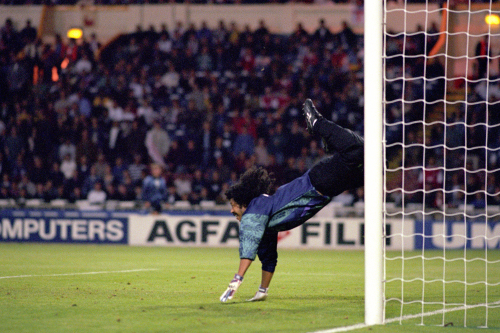
The Colombia's flamboyant goalkeeper renowned for his audacious "scorpion kick" save against England in 1995, faced significant challenges due to substance abuse.
In October 2002, while playing for Colombian club Pereira, Rene Higuita tested positive for cocaine following his debut match, resulting in a six-match suspension.
5. Adrian Mutu; banned in 2004 for Cocaine
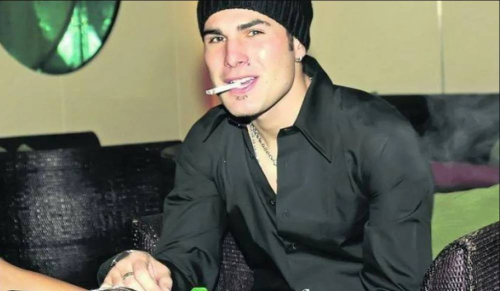
The Romanian great was famous in his country for being one of their very best football players, but he got into the news often for very different reasons as well.
Mutu was banned from football on multiple occasions for banned substance, which includes cocaine during his spell with English Premier League club, Chelsea, in 2004.
Mutu fell out with Jose Mourinho, who was the manager at Chelsea at the time for this reason, earning himself a seven month ban after failing the doping test.
He ultimately returned to Italy, got his career back on track with impressive stints at Juventus and Fiorentina. Mutu failed another doping test, earning himself another nine month ban.
4. Kolo Toure; banned in 2011 for banned substance
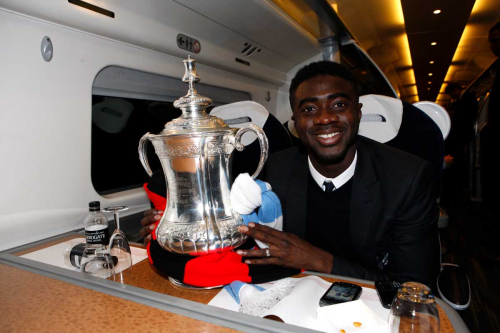
The Ivorian played for top tier English teams in his days, including Arsenal and Liverpool, with the former where he was part of the team that achieved the Invincibles under Arsène Wenger in 2004.
During his stint with Manchester City in 2011, Kolo Toure was handed a six month ban by the English FA after testing positive for banned substance during a doping test, of which he subsequently admitted to taking his wife's diet pills.
The commission chairman of the investigation into the case, Christopher Quilan was convinced of his explanation, and ruled that Toure "did not intend to enhance sporting performance or to mask the use of a performance enhancing substance".
The former Ivory Coast international ultimately served a six month ban, missing the start of the 2011/12 season before returning to action in September.
3. Samir Nasri; banned in 2017 for banned substance
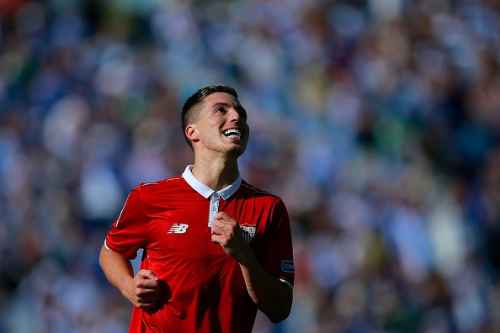
Former France international Samir Nasri was in 2017 banned from football for six months, a punishment which was later extended to 18 months following an appeal by UEFA's ethics and disciplinary inspector against the original sanction.
UEFA stated that Nasri was found guilty of using a "prohibited method" in violation of the World Anti-Doping Code and UEFA's own anti-doping rules.
While he was on loan with Sevilla in Spain from Manchester City, Nasri had a picture of him posted on social media by Drip Doctors, a clinic based in Los Angeles in December 2016.
The picture they explained that they had provided Nasri with a drip "to help him keep hydrated and in top health during his busy soccer season."
After concluding their investigation, UEFA revealed in March 2017 that Nasri is guilty for using a prohibited method in accordance with sub-section M2, par. 2 of the WADA (World Anti-Doping Agency) prohibited list.
2. Andre Onana; banned in 2021 for Furosemide
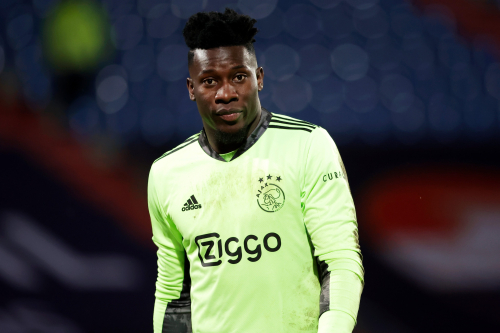
Cameroonian goalkeeper Andre Onana was banned for 12 months in August 2021 after investigation into a doping test confirmed he tested positive for prohibited substance Furosemide.
The shotstopper admitted to mistakingly taking his wife's medicine, which contained the substance found in his system, pleading guilty and was also supported by his club, Ajax.
The appeal was successful and the ban was subsequently reduced to nine months, and he joined Inter the following summer, spending one season before moving to Manchester United in 2023.
1. Paul Pogba; banned in 2024 for Testosterone
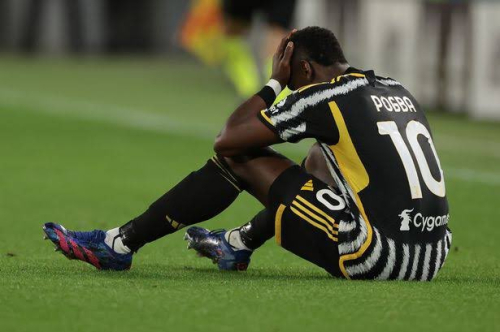
Paul Pogba made his name at Juventus then sealed a big money move for Manchester United in the summer of 2016. However, after things fell apart in Old Trafford, his search for solace led him back to Turin, but things didn't go as expected.
The Frenchman first battled with injuries in his early days following his return to Turin, and after making a return from a lengthy sideline, he unfortunately tested positive for Testosterone in during a Serie A clash with Udinese in 2023.
He was provisionally suspended in September, and after failing a corresponding doping test, he was confirmed guilty.
Verdict was later passed in February 2024 and Paul Pogba was handed an four-year from football, which was later reduced to 18 months after appeal, and then a return date set for March 2025.

